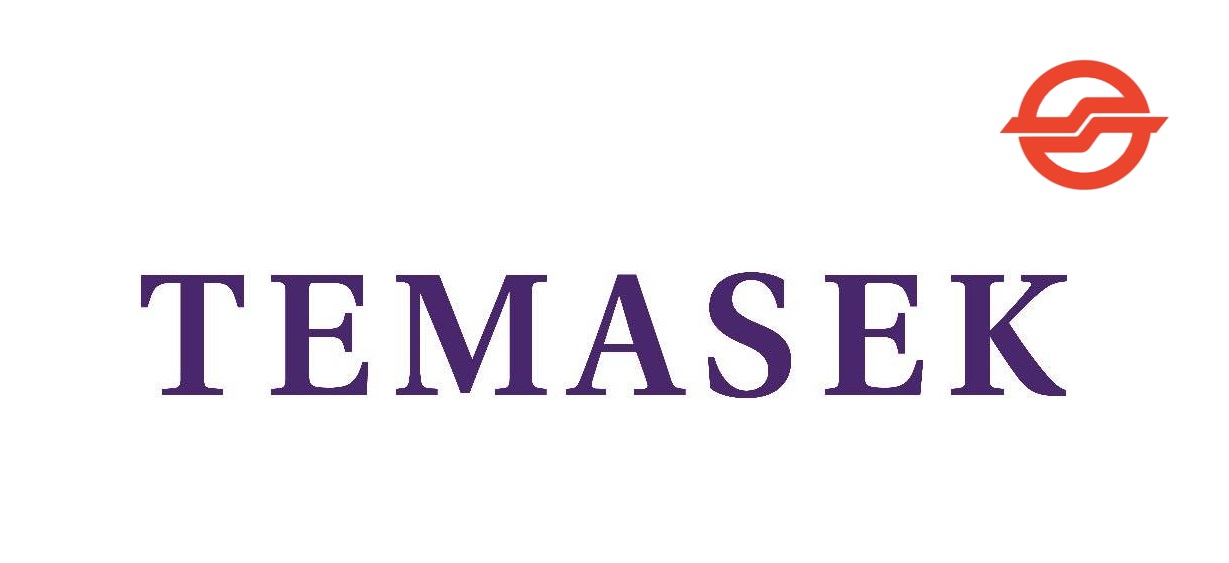Singapore’s state investment company Temasek Holdings has offered to buy over and take SMRT private (July 20) through its subsidiary Belford Investments.
Temasek currently holds 54 percent of SMRT and announced a S$1.18 billion buyout offer at S$1.68 per share.
Following yesterday's announcement, Channel NewsAsia reported that shares of SMRT has soared from S$1.545 on Friday to S$1.650 as of 1.25 pm, with more than 21.3 million shares changing hands.
Temasek + LTA = SMRT. What does Temasek's buyout of SMRT mean for us?
1. No, it is not the nationalising of the public transport.
According to Channel 5 news, reporter Linette Lim answered the question on everyone's minds.
Does this privatisation amount to the nationalisation of SMRT?
"At the briefing earlier, Temasek said that the short answer is 'no'. And the reasons why they are doing this is in order to give SMRT greater flexibility as a company. SMRT has been going through restructuring to allow them to meet higher rail reliability standards, to allow them to raise engineering and maintenance standards. That period of time is going to cost a lot of investments, a lot of capital investments. And this would be very difficult for SMRT to do if they were to continue as a publicly-listed company with a profit motive that is answerable to shareholders demanding higher dividends all the time. So Temasek said that as a long-term investor, they are able to provide their sort of financial backing that will ease some of the pressure off SMRT and allow them the flexibility to do their job well."
Let's create a chart to make sense of things:
SMRT --> Belford Investments (subsidiary of) --> Temasek Holdings (whose only shareholder is) --> Finance Minister (and the Finance Ministry) --> Gahmen
SMRT's over 60,000 operating assets (trains, signalling system, maintenance equipment) --> Land Transport Authority (whose Minister is) --> Transport Minister --> Gahmen
If we assume nationalisation as the process of transforming private assets into public ownership, it is not nationalisation.
In the SMRT example, only the assets will be directly owned by the Gahmen (subjected to the shareholders' approval).
While SMRT is not nationalised, the whole organisation (including the assets it will sell off to) is wholly accountable to the government.
Moreover, it is definitely easier to nationalise the privatised SMRT should the government choose to do so in future.
It just needs to get the approval of one shareholder -- the Finance Minister.
2. LTA's 1.06 billion purchase + Temasek's 1.18 billion shares buy-out
Is this a $2 billion plan to save Singapore's train system?
Straits Times' senior transport correspondent noted that it is "interesting that Temasek's $1.68 offer would amount to a total consideration of $1.1 billion, which is almost identical to the sum that the Government has agreed to pay for SMRT's operating assets".
SMRT Trains and SMRT Light Rail’s operating assets were on Sept. 30 this year estimated to be worth about $991 million ($1.06 billion with GST) in Net Book Value.
Temasek values SMRT at approximately $2.565 billion and Temasek already owns 54 percent of SMRT.
Temasek's buyout offer is known as a scheme of arrangement.
This means the shareholders (excluding Temasek) who hold at least 75 percent of shares must approve the deal or the offer will fall through.
It will have to wait a year to try again if the offer fails.
3. Transparency, transparency and Desmond Kuek's pay
Dennis Tan, Workers' Party (WP) Non-Constituency Member of Parliament, highlighted in a press release yesterday (July 20) that WP is "concerned about the buyout of SMRT by Temasek Holdings".
He noted that the move "could result in none of the benefits of nationalisation (e.g. government control over MRT’s operations and management), while SMRT’s financials and operations may become less transparent to the public".
Tan also wanted to know "how Temasek would manage the tension between its role of maximising shareholder value and delivering better public transport value".
This question is pertinent because Temasek appeared to be more focused on the successful conclusion of the buy-out.
As ST's transport correspondent Tan noted in his commentary, he came away with an "overwhelming impression that the joint briefing was designed to talk down the valuation of SMRT", with Temasek saying that they had not thought about what savings SMRT would achieve.
For a start, there will be less transparency in future. For example, we will not know whether SMRT CEO Desmond Kuek is compensated well fairly -- $1.87 million in 2015 and $2.31 million in 2014 -- for his performances when SMRT privatises.
What we know is that the government will be deeply involved in the management of SMRT should the two deals -- LTA's purchase of SMRT's assets and Temasek's buy-out of SMRT -- go through.
What we hope is that the SMRT privatisation will not result in the unfortunate US banks bailout scenario where we privatise profits and socialise losses.
Related articles:
Basically, SMRT is opting for the measure of last resort after all these years
SMRT is about to become just "S", and here's why it's a great thing for us
Top photo composite logo from Temasek and SMRT Facebook page.
If you like what you read, follow us on Facebook and Twitter to get the latest updates.
If you like what you read, follow us on Facebook, Instagram, Twitter and Telegram to get the latest updates.
